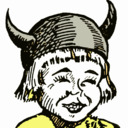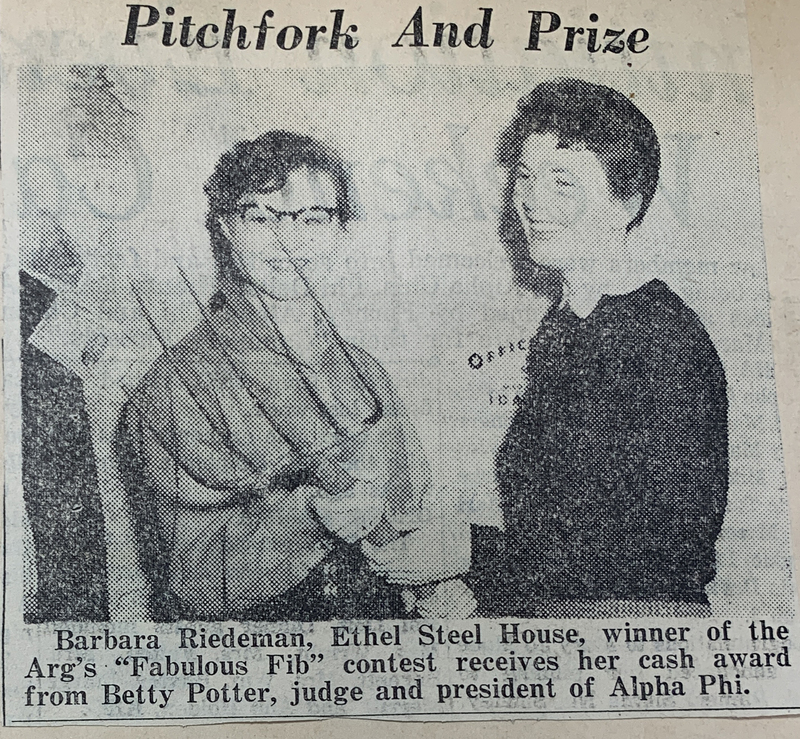(All information here adapted from the 2002 UI College of Law Annual Report.)
Rei Kihara Osaki entered the UI College of Law in 1941 and graduated in 1943. She was one of the College’s first female students, its first Japanese-American graduate, and only the sixteenth woman in Idaho to become a lawyer. She recalled riding the bus from Moscow to Lewiston to take the bar exam in the Nez Perce County Courthouse and taking another bus trip immediately after - not for pleasure, not to celebrate passing the bar exam, but to visit her father and younger brother who were interned in Wyoming’s Heart Mountain Relocation Camp.
The daughter of parents who had emigrated from Japan, Mrs. Osaki grew up on her family’s farm in Harrah, Washington, on the Yakima Indian Reservation. Her father was a farmer, and her mother a homemaker. Being educated people themselves, they placed great importance on education for their children. “Education,” said Mrs. Osaki, “was talked of matter-of-factly. Some people questioned the value of education, saying ‘Why get an education when you’ll only end up working in a fruit stand?’ My family believe there was value in education for itself.”
When she entered first grade, Mrs. Osaki knew only one word of English: elephant. But she quickly learned, speaking English at school and Japanese at home. From an early age, said Mrs. Osaki, “I wanted to do good, to change things.” Initially, she planned to become a medical doctor but switched to law when her mother, who had worked as a nurse in Japan, advised her that medical care was “hard work.” “My family was unusual, now that I think about it,” said Mrs. Osaki. “It was not common for women in Japan to train for professional work, but my mother was a nurse, and my aunt was a teacher.”
At Washington State University, Mrs. Osaki studied political science in preparation for law school, and after one of her professors suggested she might be more comfortable at a small law school, she decided to apply to the University of Idaho College of Law. Mrs. Osaki recalls she was quiet in class, never raising her hand to speak. Now, she declares, she urges her grandchildren to speak up in class (raising her own hand high in the air, as she says this.)
By attending college, Mrs. Osaki escaped relocation to a Japanese internment camp during WWII, as did her eldest brother who had been called up for military service. Mrs. Osaki said that while she was spared the “real fear, the anguish” her father and brother experienced in being relocated, she did feel guilty and offered to leave school. Her father refused, saying “You’re the only free person in the family. Take all my savings and finish law school.”
After graduation, Mrs. Osaki accepted a position with a real estate office in Wisconsin, and was there when her father and brother were released from Heart Mountain. The Kihara family had lost more than their freedom during the process of relocation. The family farm was gone, and to help her father start over, Mrs. Osaki not only returned what remained of his savings to him (“He was surprised at the amount left.”) but also bought him a used tractor. Later, Mrs. Osaki moved to Chicago to work as a lawyer for the Office of Price Administration, and, after marrying, settled with her husband in Pasadena, California, where she continued to reside for many years.
Mrs. Osaki devoted herself to her family and was the mother of three sons; she also had at least seven grandchildren. In addition to caring for her family, she became very active in her community, particularly in what she referred to as “partisan politics.” “I’m a Democrat,” she said. As a volunteer for the Japanese-American Citizens League, she assisted in monitoring hate crimes against Asian-Americans. “It’s a lot easier to stay where you are,” she said, “but I’ve been willing to stand up and fight.”


![Bench and Bar [2]](https://objects.lib.uidaho.edu/harvester/small/pg2-208-3_sm.jpg)
![Bench and Bar [3]](https://objects.lib.uidaho.edu/harvester/small/pg2-208-4_sm.jpg)
![Bench and Bar [1]](https://objects.lib.uidaho.edu/harvester/small/pg2-208-5_sm.jpg)
